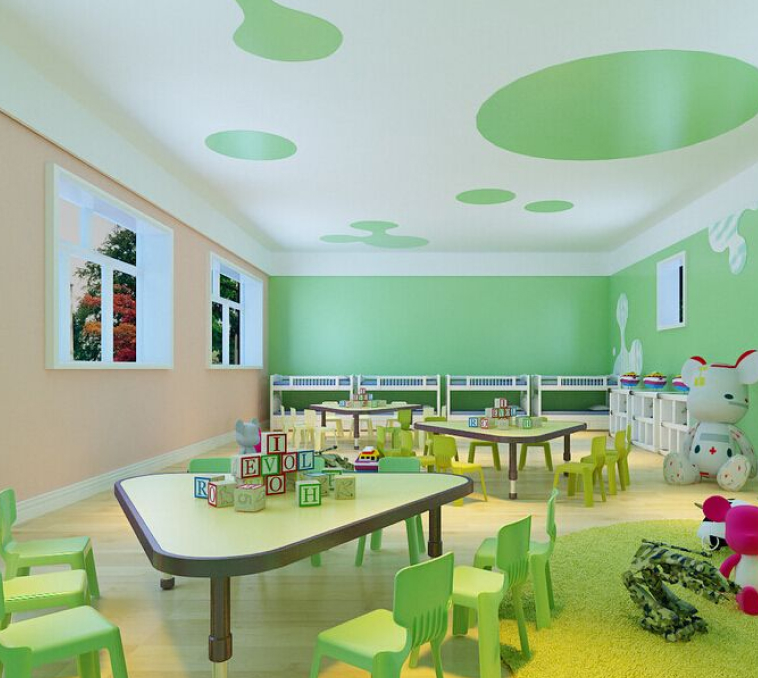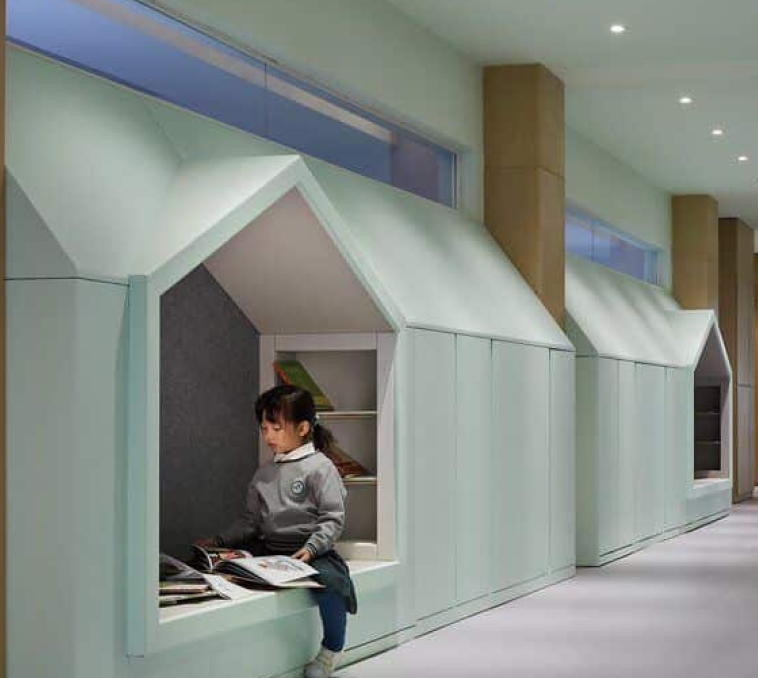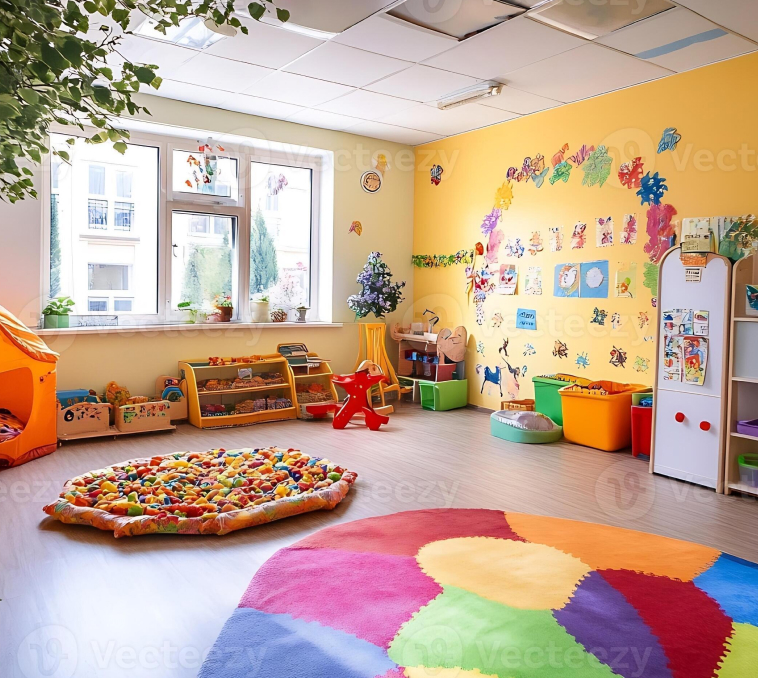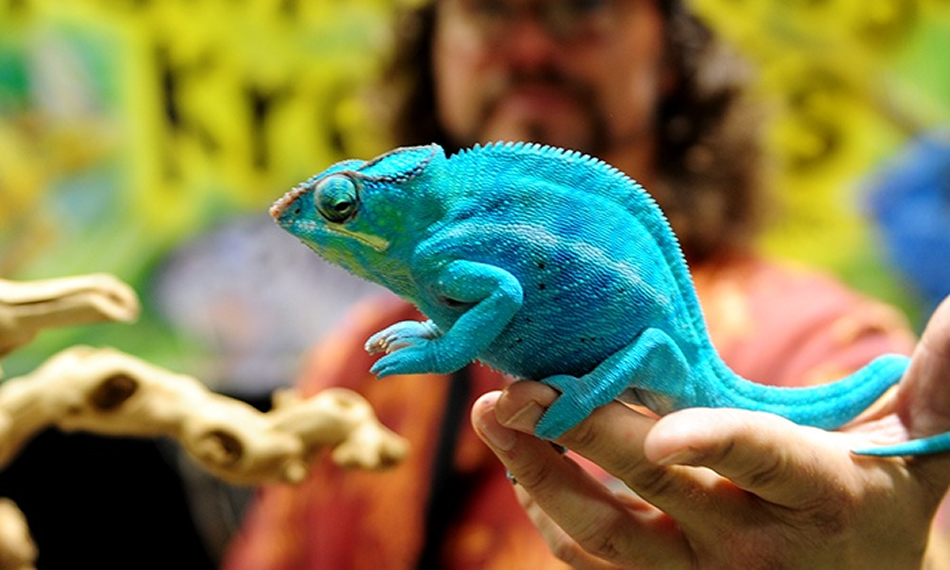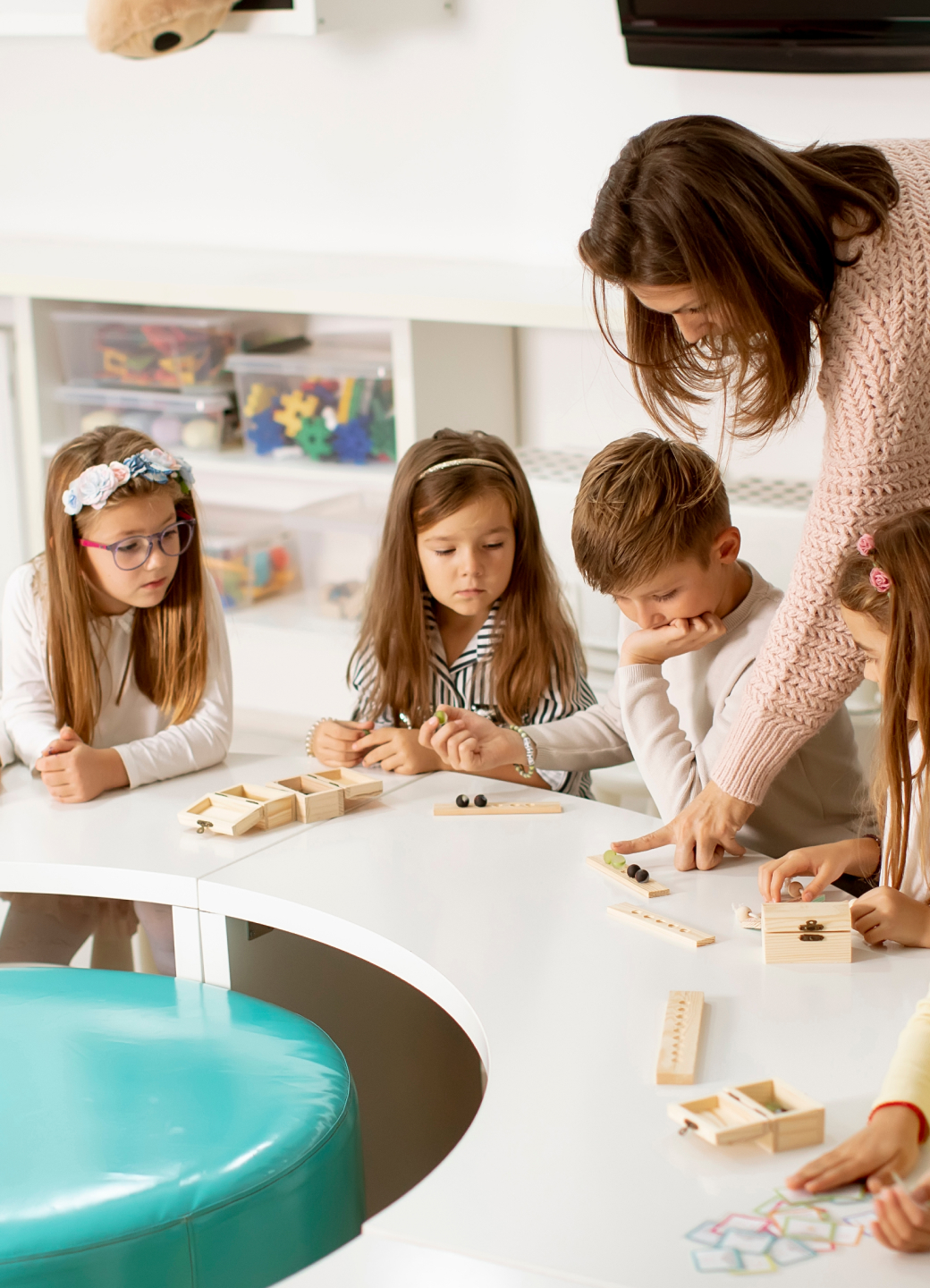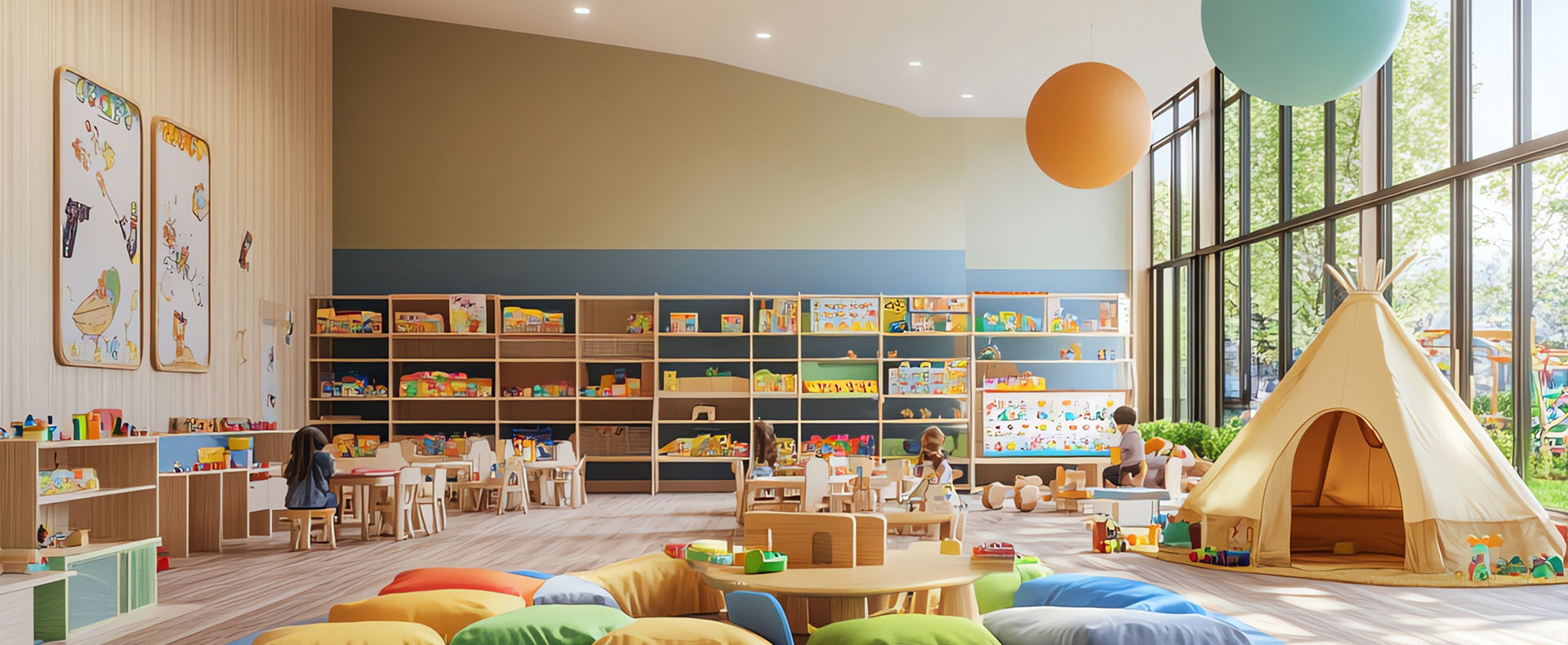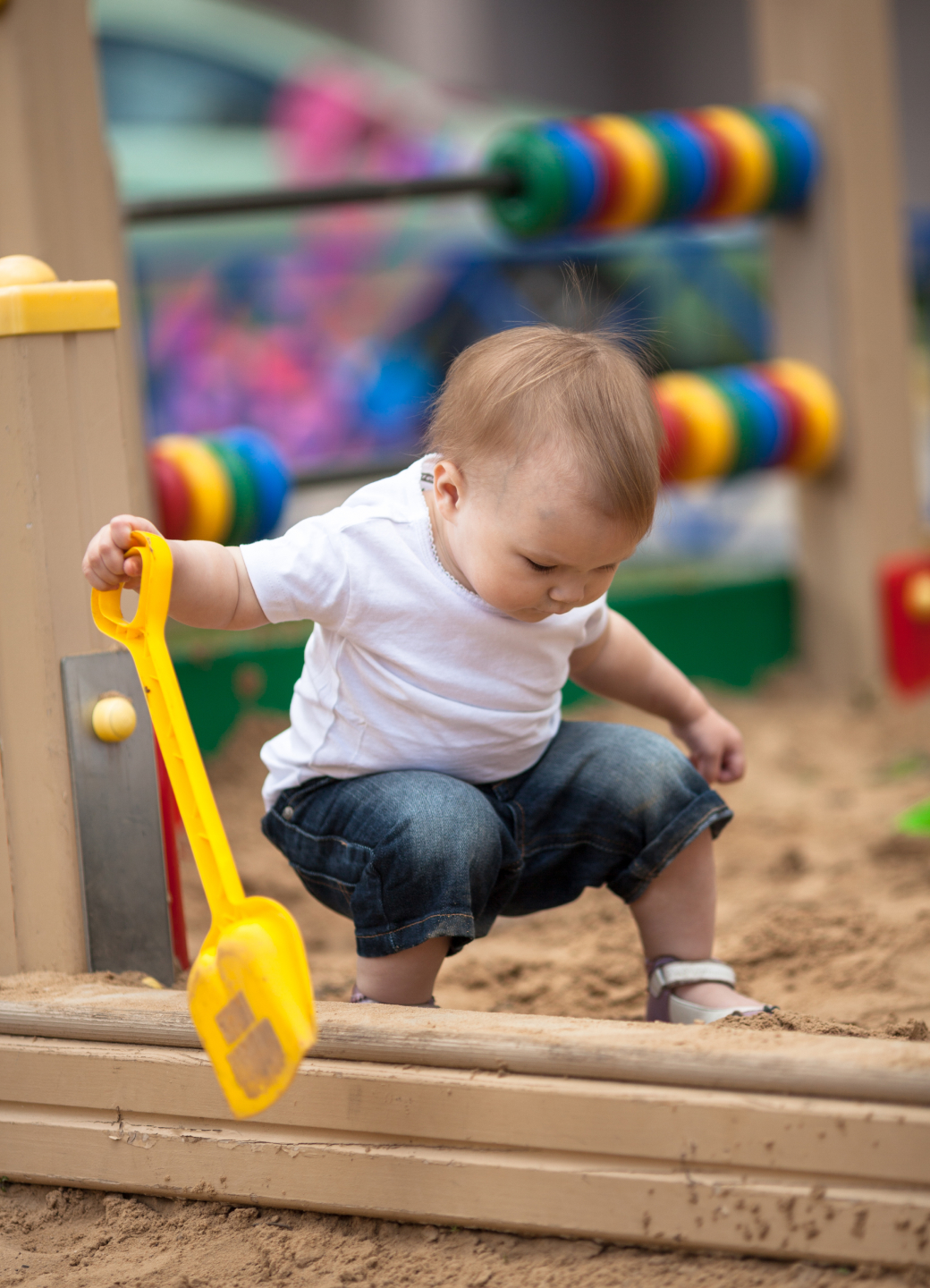
Cognitive science, an interdisciplinary field that studies the mind and its processes, plays a crucial role in understanding early childhood development. The first few years of life are marked by rapid brain development, laying the foundation for lifelong learning, behaviour and health. During this period, children acquire essential skills such as language, motor coordination, emotional regulation and social interaction. Cognitive science provides valuable insights into how these processes unfold, offering strategies for optimising early development.
The importance of early experiences
One of the key principles in cognitive science is that children’s brains are highly plastic during the early years. This plasticity means that the brain can adapt and reorganise itself in response to experiences. Positive interactions, such as talking, reading and playing with a child, can significantly enhance cognitive development. Conversely, lack of stimulation or exposure to stress can hinder this development. Understanding these dynamics can help parents and caregivers create environments that support healthy brain growth.
Early learning centres play a pivotal role in harnessing the potential of early childhood development. These centres provide structured environments where children can engage in activities that promote cognitive, social and emotional growth. Trained educators use evidence-based practices to create stimulating, safe and nurturing spaces that encourage exploration and learning. Through play-based learning, children develop critical thinking skills, problem-solving abilities and emotional intelligence, all of which are essential for success in later life.
The importance of timely and targeted interventions
Moreover, early learning centres are vital in identifying and addressing developmental delays or challenges early on. By observing children in a structured setting, educators can collaborate with parents and specialists to provide targeted interventions, ensuring that every child has the opportunity to thrive.
For parents, knowledge of cognitive science offers practical guidance on how to support their child’s development at home. Understanding the importance of early experiences can lead parents to engage more deliberately in activities that promote learning, such as interactive play, reading aloud and encouraging curiosity. Additionally, awareness of developmental milestones and the typical range of variation can help parents set realistic expectations and avoid undue pressure.
Bridging the gap
Incorporating cognitive science into parenting and early education not only enhances children’s developmental outcomes but also empowers parents and educators to make informed decisions that benefit a child’s overall well-being. By bridging the gap between research and practice, cognitive science equips parents and educators with the tools to foster an environment where children can reach their full potential.

